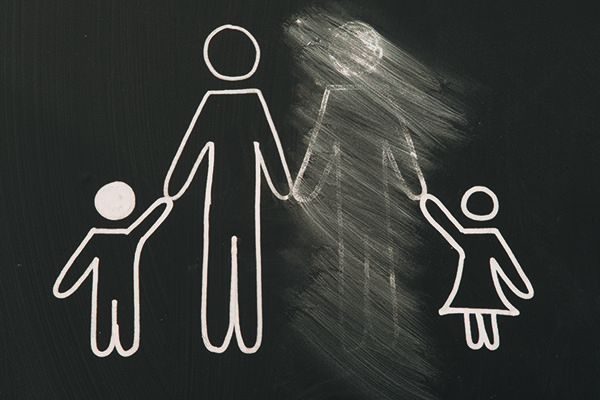Over the past ten or so years there has been a significant increase in the number of parenting disputes before the family law courts involving some form of parental alienation.
What is Parental Alienation?
Parental alienation refers to a course of conduct where one parent deliberately sets out to denigrate the other parent and alienate the child from that parent in order to undermine and destroy the relationship between a child and that parent, causing a breakdown of a previously normal and healthy parent-child relationship. This behaviour is commonly seen during high conflict parenting disputes and custody proceedings where a child is observed to denigrate and/or unreasonably reject spending time with the targeted parent due to the influence of an alienating parent who is actively and passively supporting, encouraging and enabling the child to do so.
Alienation manifests itself in dysfunctional parenting patterns of behaviour, such as denigrating the other parent to the child and significant others, limiting the time the child spends with them, brainwashing the child to form a negative view of and be fearful of that parent (including at its worst, making a child believe that they were sexually abused when they were not) and fabricating false allegations against that parent to the police, the Department of Communities and the Family Court.
The Impacts of Parental Alienation
The impacts of a campaign of parental alienation are serious for both the targeted parent and the victim child, including:
- The child-parent bond is disrupted;
- The victim child may be subjected to extensive police interviews and intrusive examinations;
- The targeted parent may be faced with criminal charges;
- The victim child loses contact with the targeted parent and extended family;
- The child may suffer psychological trauma by coming to believe false abuse allegations, become fearful of the targeted parent, despite having a continued unconscious identification with that parent, the child may have feelings of guilt, self-hatred and may have self-esteem issues.
- The parent may suffer psychological trauma as a result of the child rejecting them;
- The allegations will cause the family court and other entities to question the safety of the child in that parent’s care and the capacity of that parent to meet the child’s needs.
Any pattern of behaviour by a parent that has the effect, whether intentionally or otherwise, of belittling a child’s relationship with the other parent is taken very seriously by the courts.
Remedies for Parental Alienation
There are a number of options available to parents whose relationship with their child has been damaged due to alienating behaviour by the other parent. Family therapy, counselling and mediation can be helpful in order to reunify the child with the alienated parent. Post Separation parenting education is also a great way to educate parents about how to communicate with their children and avoid the involvement of children in the parental conflict.
Reunification therapy with the estranged parent is also becoming more frequently utilised.
In an extreme case, where the court assesses that the child has been significantly impacted by alienating behaviour by the other parent, the court may order a change of residence, in the child’s best interests.
In these circumstances, evidence based reunification programs are available to assist in transitioning the child to live with the formerly rejected/alienated parent. A new program called the Family Bridges Program for Alienated Children (FBAC) has just recently been rolled out pursuant to orders of a Family Court of Australia to assist with this difficult process. Family Bridges is an educational and experiential program that helps reform a relationship between severely alienated children with the parent whom they unreasonably and irrationally reject. The Family Court orders the FBAC program where there has been a determination of severe and extreme alienation, where it is considered to be in the best interests of the children to have a relationship with the parent whom they have rejected and where this can be best effected by transferring parental responsibility and residence to the formerly rejected/alienated parent.
Stay tuned for our next installment of ‘Parental Alienation in Family Court Disputes’ when we offer some tips as to what you can do if you are experiencing parental alienation and we take a look at some of the extreme cases where parental alienation has been found and a change of residence has been determined to be in the child’s best interests.
If you are experiencing parental alienation, contact us to obtain expert family law advice from our Petrie expert family lawyers and take advantage of our reduced rate consultation, available for a limited time only.


